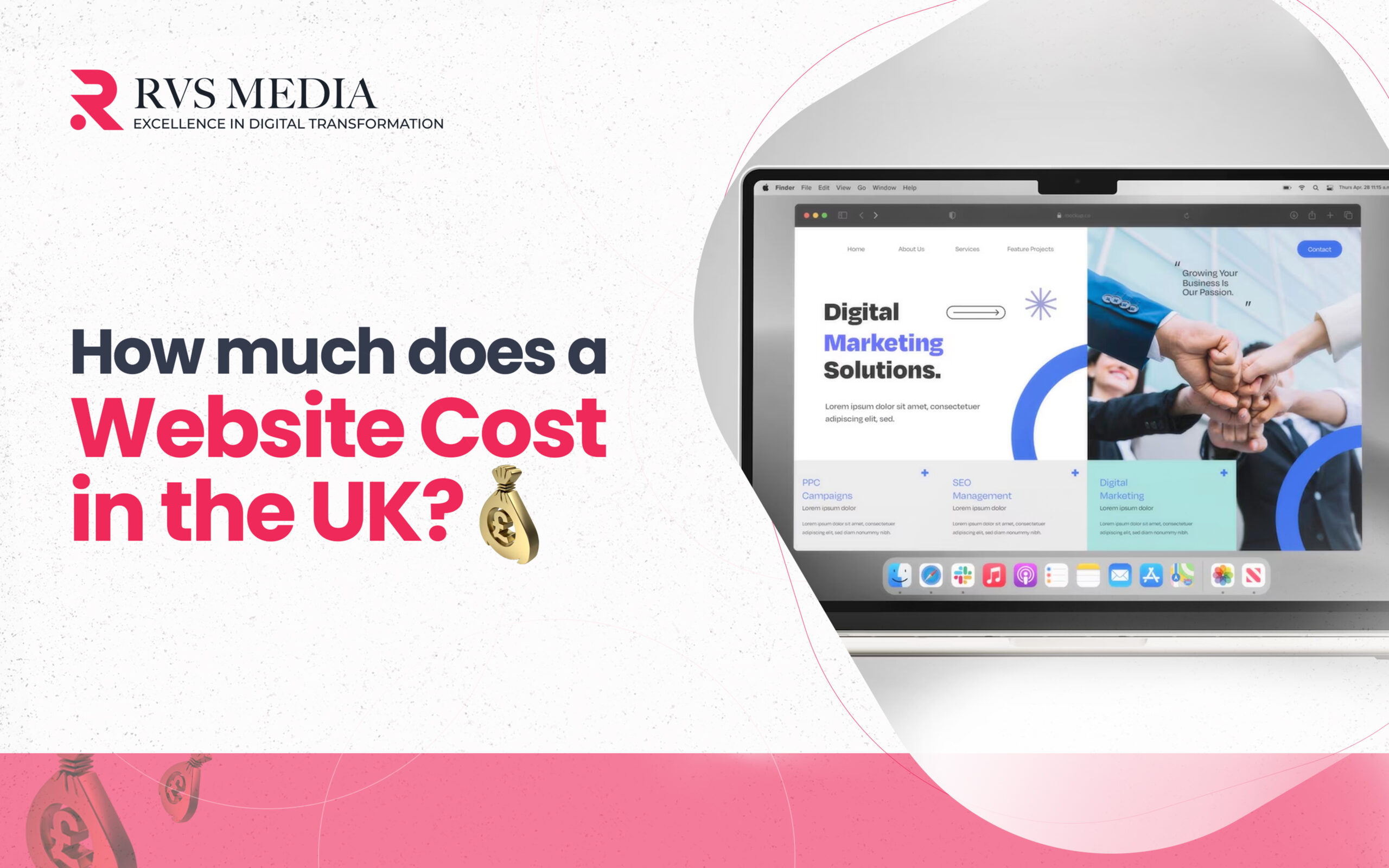How Poor Site Speed Damages Your Business?

If you are here, then you know the fact that fast websites are emerging victorious from the battlefield!
The technology in current times is getting advanced with the motive to make services more accessible and quicker. And if your website is lagging behind you will quickly fall out of favor.
Answer this honestly: when was the last time you waited more than a few seconds for a page to load? You probably didn’t! And if you’re like most people on the internet, you click away, maybe without even thinking about it.
This could be your website. If you are an eCommerce owner, you understand it isn’t just a small hiccup; it is a raging fire. WebFx, in its blog, mentioned that 64% of online shoppers abandon websites if they take too long.
Seconds of delay = Lost Sales! That’s not all. It’s more than that; keep reading to unfold it and speed up your website.
Why Site Speed Matters in Today’s World
Low websites feel exactly like that when you visit a store. When the door stops, when it finally opens, the lights inside are flickering, and it takes forever for someone to help you. Would you stick around? Probably never!
Patience is uncommon in the modern digital era. According to studies, if a website does not load in 2-3 seconds, people are much more likely to abandon it. And, if you run an online store, every second counts—a one-second wait can result in a 7% decrease in conversions. That’s why huge firms invest extensively in site performance optimization, knowing that the sooner their site loads, the happier their customers are.
How Does Site Speed Impact Business Performance?
Conversion Rates: A slow website yields less revenue. When there is a delay, users are more likely to leave without completing their purchase.
Customer Satisfaction: A fast website is more than a luxury; it is an unquestioned need. When your site is slow, customers may never return.
SEO Rankings: Search engines, like Google, reward fast sites. A slow site? Not so much. Google actually ranks faster websites higher because they provide a better user experience.
Or, if simply said, your site’s speed directly affects your bottom line. Get experts in site speed to speed up the process success of your eCommerce.
The Financial Impact OF Slow Site Speed
Today, people have grown used to receiving information quickly, whether they are streaming a movie or shopping for new clothing. Moreover, studies have indicated that a one-second delay in load time can reduce conversions by 7%. For an eCommerce store that earns $100,000 every day, that’s $2.5 million wasted in a year—all because of a single second of delay.
What does this tell us? If a user’s experience is compromised by a slow site, they’re not just frustrated—they’re gone. And they may not come back. As a business, it’s crucial to ensure that the customer experience is as smooth and efficient as possible. A fast website doesn’t just meet expectations; it sets the standard for reliability and trust.
What Exactly Is Site Speed?
In simple terms, site speed is how quickly your website’s content loads for users. Although, there are a few elements at play here:
- File Size: Large images and files mean longer load times.
- Code Efficiency: Messy code (extra CSS, unnecessary JavaScript) bogs down your site.
- Server Response: The faster the server responds, the faster the site loads.
- Content Delivery Network (CDN): A CDN stores versions of your content across multiple servers so users can access it faster.
All these little pieces contribute to your website’s overall performance. Get them right, and your users will thank you.
What’s A Good Page Load Time?
The ideal situation is you want your pages to load in 2-3 seconds or less. That’s the sweet spot. Studies have shown that the longer users have to wait, the higher the “bounce rate” gets. In fact, a one-second delay increases bounce rates by about 30%.
This means if your site is taking too long, you’re losing potential customers before they even see your products.
Why Site Speed Matters for Mobile Users ?

Here’s another thing to keep in mind: most people are browsing on their phones. Moreover, mobile users have less patience when it comes to slow sites. If your website takes over 3 seconds to load on mobile, 53% of users will hop. That’s over half your potential customers!
Focusing on a mobile-friendly website? learn how to!
User Expectations in a Competitive Market
This fact can surprise you: 83% of people want their websites to load in three seconds or less. Think about that for a second. Three seconds, and they’re already deciding whether to stay or go. Now, imagine how much this impacts an eCommerce business. Every click counts, and every delay is a chance lost to your competitors.
If you’re like most business owners, you might be wondering why your website’s performance metrics—like conversion rates or click-through rates—aren’t where you’d like them to be. The answer to this is more straightforward than you might have thought. Slow loading speeds are more than just a technical glitch; they’re a direct threat to your revenue, customer satisfaction, and, ultimately, your brand’s reputation.
The Hidden Costs of a Slow Website
When people think about site speed, they often see it as a technical detail, something for the developers to handle. But in reality, slow site speed can drain your revenue in ways you might not even realize:
- Lost Sales: Every time a page takes too long to load, a potential customer might leave for a faster alternative.
- Damaged Brand Reputation: Customers associate fast websites with professionalism and reliability. Slow sites? Not so much.
- Lower Search Rankings: Major search engines like Google prioritize faster sites. This means slow speeds could push your site down the ranks, limiting your reach to new customers.
Bottom line? Site speed isn’t only a tech issue; it’s also a business issue! And fixing it isn’t just an option—it’s a necessity.
Site Speed Optimization Tips: How to Speed Things Up
Now that we know why speed matters, let’s talk about what you can do to make sure your site is fast enough.

1. Compress Your Images and Use Modern Formats
Large image files are one of the biggest culprits of slow sites. Compressing images can make a huge difference, and you won’t even lose quality. Consider using next-gen formats like WebP; these file types offer the same quality but with a smaller file size.
2. Clean Up Your Code
Think of your website’s code as a closet. If you don’t clean it out once in a while, it gets messy. Minify your CSS and JavaScript files by removing unnecessary characters. You’ll end up with a leaner, faster site that’s easier for users to navigate.
3. Enable Browser Caching and Use a CDN
With browser caching, returning visitors don’t have to load your entire site every time. Instead, their browser saves a few elements from their last visit. Combine this with a CDN, and your site will load quickly for users, no matter where they are in the world.
4. Improve Server Response Time
Slow server response times can put the brakes on your site’s performance. If your current hosting service isn’t cutting it, consider upgrading. A dedicated server or faster hosting package can provide the stable foundation your website needs to load quickly.
5. Optimize for Core Web Vitals
Core Web Vitals are Google’s way of measuring how user-friendly your site is. It looks at things like load speed, interactivity, and how stable your content is as it loads. Optimizing for these metrics won’t just make your site faster; it’ll help boost your SEO and create a better experience for users.
Need a future-proof Ecommerce store or Mobile app?
Our Experts Can Help!
Wrapping It Up: Why Faster Sites Mean Better Business
At the end of the day, fast websites bring more customers, more engagement, and more sales. A one-second improvement in load time could mean a 2% boost in conversions. And for most businesses, that’s a big deal. Every second matters.
In today’s competitive digital market, where customers have endless options, don’t let slow speeds push them away. Make speed a priority, and you’ll create a more positive experience for your users, boost your search rankings, and ultimately, drive more revenue.
When it comes to your business, every second truly counts.













